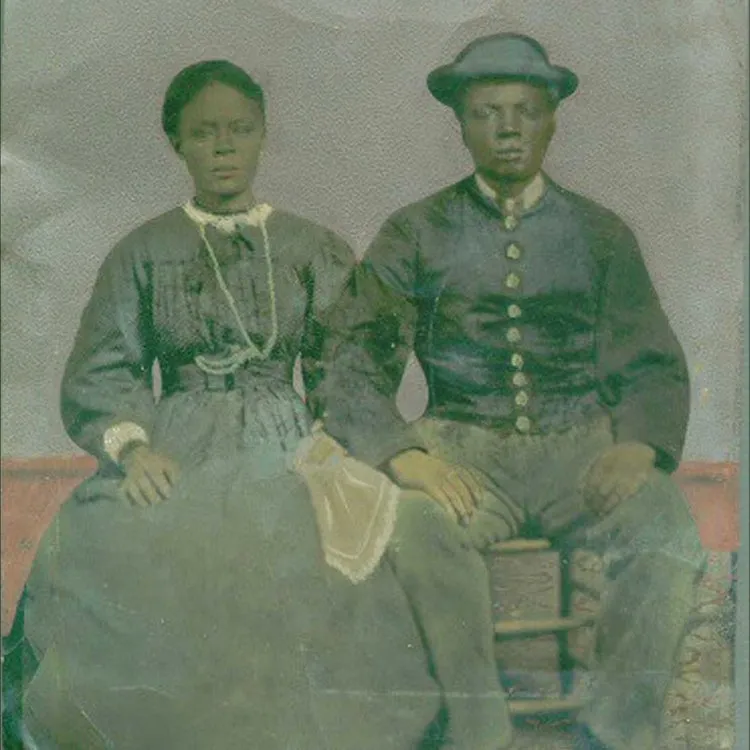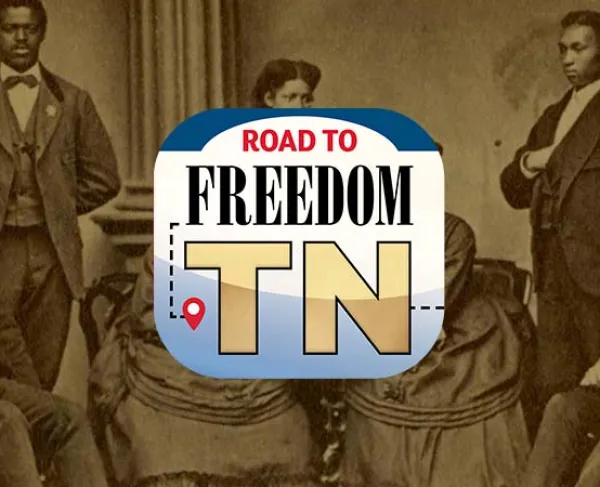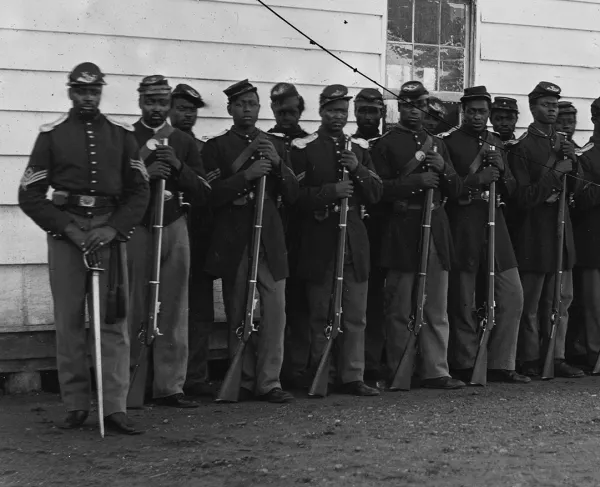Affricanna Town
Tennessee
401 Old Dunbar Cave Road
Clarksville, TN 37043
United States
This heritage site is a part of the American Battlefield Trust's Road to Freedom: Tennessee Tour Guide app, which showcases sites integral to the Black experience during the Civil War era. Download the FREE app now.

For a few years in the 1860s, the land submerged in front of you—now part of Dunbar Cave State Park—supported a small community founded and populated by formerly enslaved people. Disparagingly called Affricanna Town by the owner of the land and the surrounding plantation, this settlement was an early effort to define what freedom meant by local African Americans.
In February 1862, Union forces captured Clarksville as part of the larger campaign to reassert control over Tennessee. Thousands of enslaved African Americans responded by fleeing to the Union lines, where they became known as “contrabands” and were employed as army laborers. By the end of 1864, so many Black refugees had emigrated to Clarksville — some 2,000 in all — that the Union commander established a formal contraband camp to provide them with food, clothing, shelter, and schooling.
As the Black population of Clarksville swelled, conditions in the contraband camp deteriorated and a portion of the refugee population founded Affricanna Town. This settlement was situated in an area where enslaved people had previously worked for many years and likely brought together the families of men serving with the 16th United States Colored Troops (USCT) regiment. Unlike the communal barracks, and tents in the contraband camp, Affricanna Town featured small homes that residents built on their own from scavenged materials. Many families also set up garden plots to gain a measure of self-sufficiency.
Though it ceased to exist by 1867, Affricanna Town was important for the autonomy it offered to Black residents. Some of the community members likely even stayed in the area, with later census records showing several Black families living nearby. Today, the settlement’s history resonates as a poignant reminder of the long and winding road to freedom.

Know Before You Go
Dunbar Cave State Park acknowledges the African American history that happened here, not only with markers describing Affricanna town, but also listing the names of those enslaved here and describing their lives and those who came after them.




